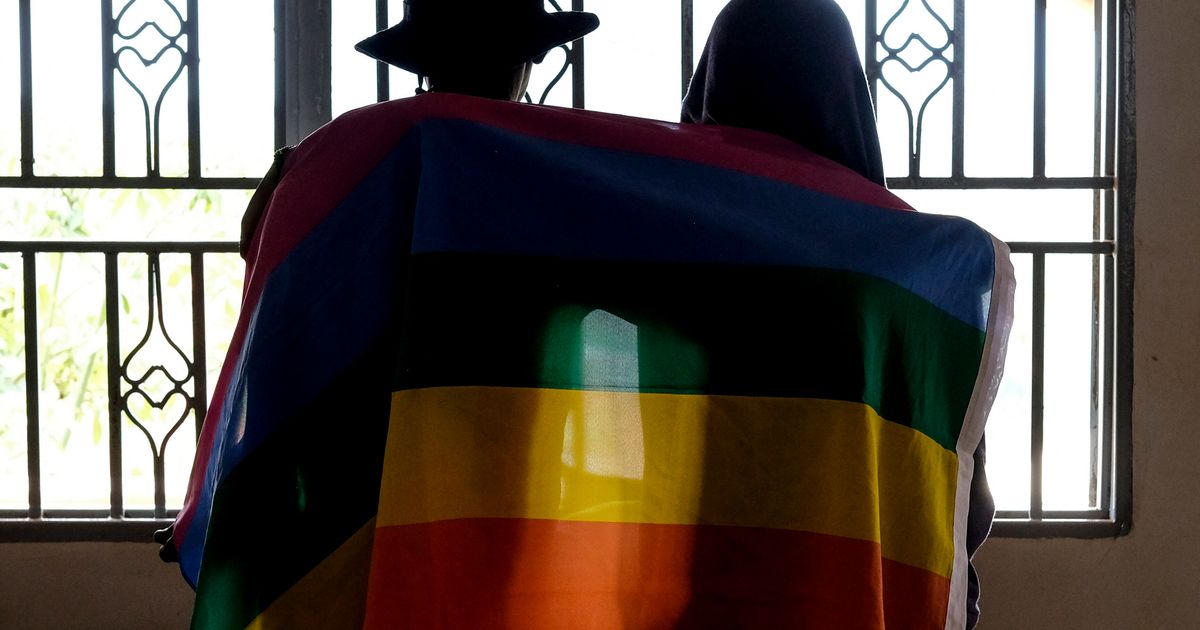Key takeaways:
- The new law prescribes the death penalty for “aggravated homosexuality” and life imprisonment for anyone found to have engaged in same-sex sexual acts.
- The law has been widely condemned by rights activists and others abroad, who argue that it violates the human rights of LGBTQ individuals in Uganda.
- The law has been met with both praise and criticism in Uganda, with many arguing that it is necessary to protect the country’s traditional values and others arguing that it violates the rights of LGBTQ individuals.
Ugandan President Yoweri Museveni has signed a controversial new anti-gay legislation into law, prompting condemnation from rights activists and others abroad. The law, which was supported by many in the East African country, prescribes the death penalty for “aggravated homosexuality”, which is defined as cases of sexual relations involving people infected with HIV as well as with minors and other categories of vulnerable people.
The legislation also calls for life imprisonment for anyone found to have engaged in same-sex sexual acts, and up to 14 years in prison for those convicted of “attempted aggravated homosexuality”. It does not, however, criminalize those who identify as LGBTQ, which was a key concern for campaigners who had condemned an earlier draft of the legislation as an egregious attack on human rights.
The new law has been widely condemned by rights activists and others abroad, who argue that it violates the human rights of LGBTQ individuals in Uganda. Human Rights Watch has called the law “a terrible blow for human rights” and urged the Ugandan government to repeal it.
The law has also been criticized by the United Nations, which has called on Uganda to respect the rights of all its citizens, regardless of their sexual orientation. The UN High Commissioner for Human Rights, Zeid Ra’ad Al Hussein, has said that the law “will institutionalize discrimination and abuse against people on the basis of their sexual orientation and gender identity”.
The new law has been met with both praise and criticism in Uganda, with many arguing that it is necessary to protect the country’s traditional values and others arguing that it violates the rights of LGBTQ individuals. It remains to be seen how the law will be enforced and what impact it will have on the lives of LGBTQ individuals in Uganda.



Be First to Comment